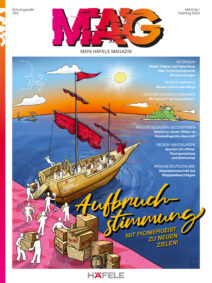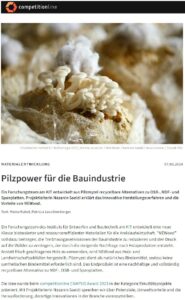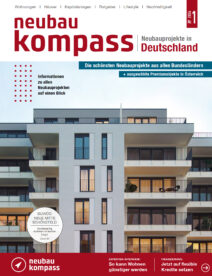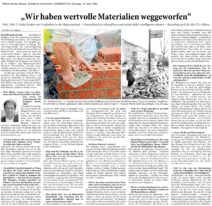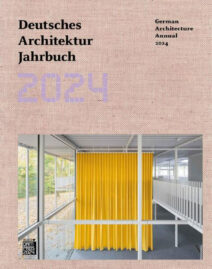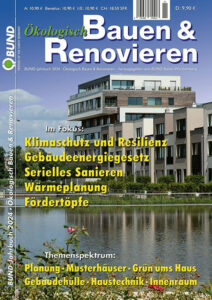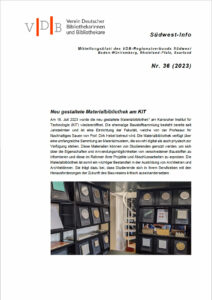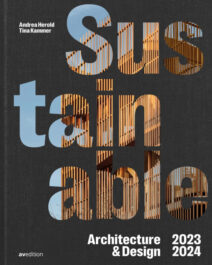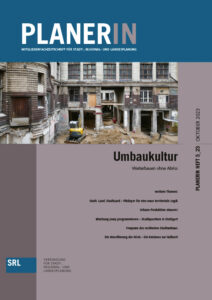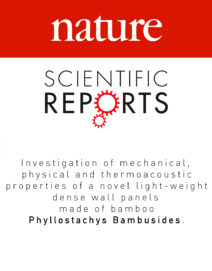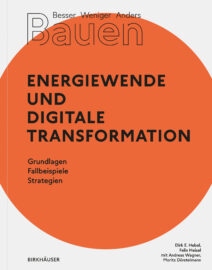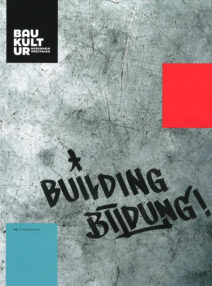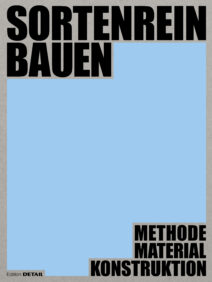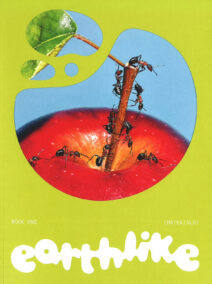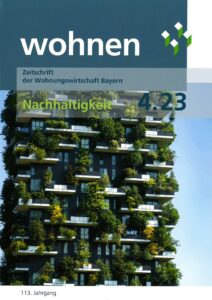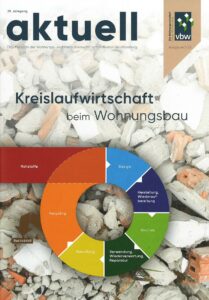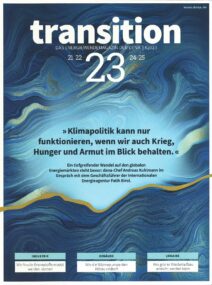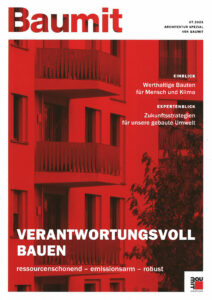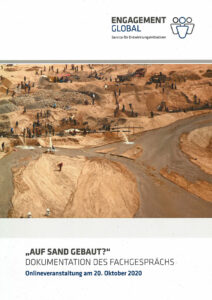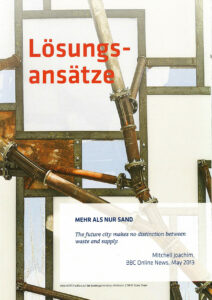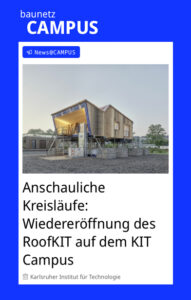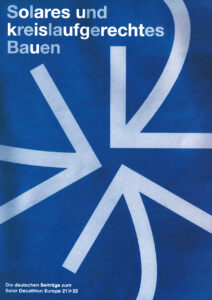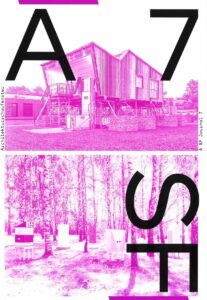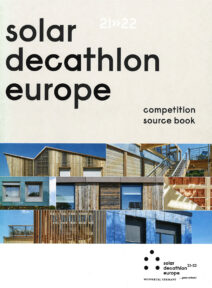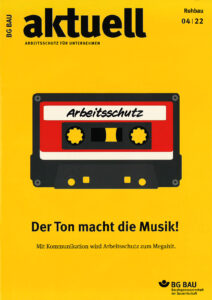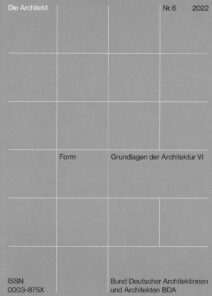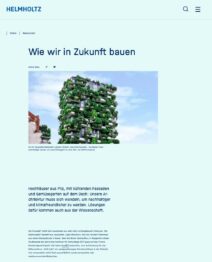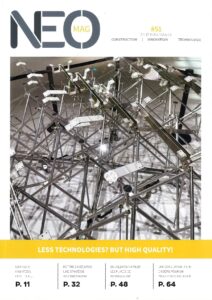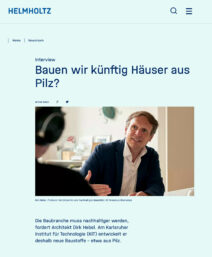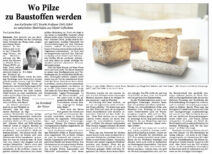Documentary Movie Series: _Spaces
The movie series _Spaces by Felix Heisel amd Bisrat Kifle documents selected elements of Addis Ababa’s city fabric, which seem essential but could be lost for future generations soon due to the city’s current rapid transformation. This cinematic research aims to highlight objective values of the informal city through subjective story telling in combination with expert interviews, aiming to influence tomorrow’s decision making through today’s education.
Addis Ababa is in transformation. In 2011, the city administration announced to redevelop all “informal” and “unplanned” parts of the city by 2020. Therefore, that same year, Felix Heisel and Bisrat Kifle began the research initiative _Spaces to record a century-old way of living in Addis Ababa, following the strong believe that the informal sector can offer important lessons about the use and social role of architecture. The underlying social and cultural networks and their spatial fabric are the context that could and should be regarded as the starting point for the development of a sustainable future city. _Spaces addresses this context in what is now a six-movie series discussing housing and public space, rural-to-urban migration, conservation, recycling and landownership in the city of Addis Ababa and Ethiopia at large. However, many of the questions raised are applicable in developing territories with similar conditions around the world.
The series consists out of 6 documentary movies:
Disappearing, Emerging, Originating, Supporting, Recycling and Materializing Spaces.
More info directly on www.spacesmovie.com
Disappearing Spaces – a day in Addis Ababa’s informal city
Addis Ababa, unlike many other African cities, has a history and city fabric to learn from. Even if the physical conditions of the informal settlements are very poor, the social networks, as well as spatial and cultural values developed and embedded in these areas are worth the preservation and study. In fact, we believe that any new development should be based on the values routed and cultivated in exactly these parts of the city. The movie Disappearing Spaces is a cinematic documentary on the use of space in the informal parts of Ethiopia’s capital. Looking at one typical house for the duration of 24 hours, one can notice how a single room can serve for most daily functions. Interviews with the inhabitants and experts give further insight into the topic.
Emerging Spaces – a day in Addis Ababa’s condominiums
To date (2012), the AAHDPO completed around 100,000 units on more than 120 different sites – 2/3rd of them in expansion areas – out of which nearly 70,000 are handed over to end users so far. This grand housing program has increased density in several parts of the city, at the loss of traditional ground-floor networks. Emerging Spaces is a cinematic documentary on the use of space in the redeveloped parts of Addis Ababa. Looking at one typical condominium for the duration of 24 hours, one can notice how its inhabitants changed the spaces according to their accustomed needs and traditions. Interviews with the inhabitants and experts give further insight into the topic.
Originating Spaces – a day in rural Ethiopia
Addis Ababa is a city of migrants. Considering that Addis Ababa’s history reaches back only a century and most of the inhabitants of the informal areas of the city are rural migrants, the spatial arrangements of the traditional tukul actually forms part of Addis Ababa’s understanding of space. Based on the claim that traditional and cultural habits, religious and social patterns and income generating mechanisms should be the basis for new developments in Ethiopia’s capital, this movie tries to understand the origin of such conditions. The movie “Originating Spaces” is a cinematic documentary on the use of space in the rural areas of Ethiopia. Looking at one typical tukul for the duration of 24 hours, one can notice how a single room can serve for most daily functions. Interviews with the inhabitants and experts give further insight into the topic.
Supporting Spaces – a day on Addis Ababa’s streets
Small and micro businesses in Addis Ababa are start-ups for many inhabitants, especially migrants coming to the city. A ‘listro’ (shoe shiner) defines his business area by setting a shoe shining box down on the ground. He then brings a chair to claim the space. In time, a plastic shade covers the customer’s seat. As the space defines itself, side businesses emerge, like the selling of tobacco, candies, chewing gum and so on. At the streets of Addis, daily, public space turns into private and vice versa. The movie Supporting Spaces is a cinematic documentary on the use of street space in Ethiopia’s capital. Based on the life’s story and experience of one selected listro, this movie tries to tell a generic experience of thousands of migrants in Addis Ababa. Looking at one spot in the area of Piazza for the duration of 24 hours, one can notice the importance of micro economies as part of the public realm. Interviews with the listros and experts give further insight into the topic.
Recycling Spaces – a day in Addis Ababa’s merkato
Throughout the years, Addis Ababa, informally, developed a sophisticated recycling system in all parts of the city. “Kuré-Yalews” are roaming the streets in small neighborhoods, collecting anything that might still be useable from households. Sharing resources, they rent taxis collectively to transport their goods to Merkato’s “Minalesh Terra”, where different “workshops” immediately start to reuse and transform them. In the course of a few days, these items are returned into the cycle, being sold to the owners of small neighborhood shops as “new” products. This recycling process is not only the source of income for many families in the city, it also keeps Addis Ababa clean to a certain extend. Most importantly, this cycle also appropriated space for recycling in the city throughout the years, which is now endangered by the current transformation of Ethiopia’s capital. The movie Recycling Spaces is a cinematic documentary on the use of space allocated to this recycling cycle in Ethiopia’s capital. Based on the daily routine and experiences of one selected Kuré-Yalew, this movie tries to tell a generic experience of thousands of inhabitants in Addis Ababa. Interviews with the Kuré-Yalwes and experts give further insight into the topic.
Materializing Spaces – a day in Addis Ababa’s periphery
Informal housing construction in Addis Ababa features a very specific, “illegal” but common typology, the “chereka bet”. These houses are built on squatted land during one night, hence the name “moon-shine house”. Material collection and preparation might last for a few weeks before the specific night. Once everything is in place, neighbors and specialists help and erect the structure within a few hours. The movie “Materializing Spaces” is a cinematic documentary on the construction of such a chereka bet. The story is based on the erection of one specific structure, including the preparation in the days before the event. Interviews with the builders and the “owner” tell the story of such houses. National experts give additional information on the context.
The Book
A short teaser on the book Lessons of Informality: Architecture and Urban Planning for Emerging Territories – Concepts from Ethiopia, containing all 6 movies on DVD as well as further information on the topic of informality as a source of design.
